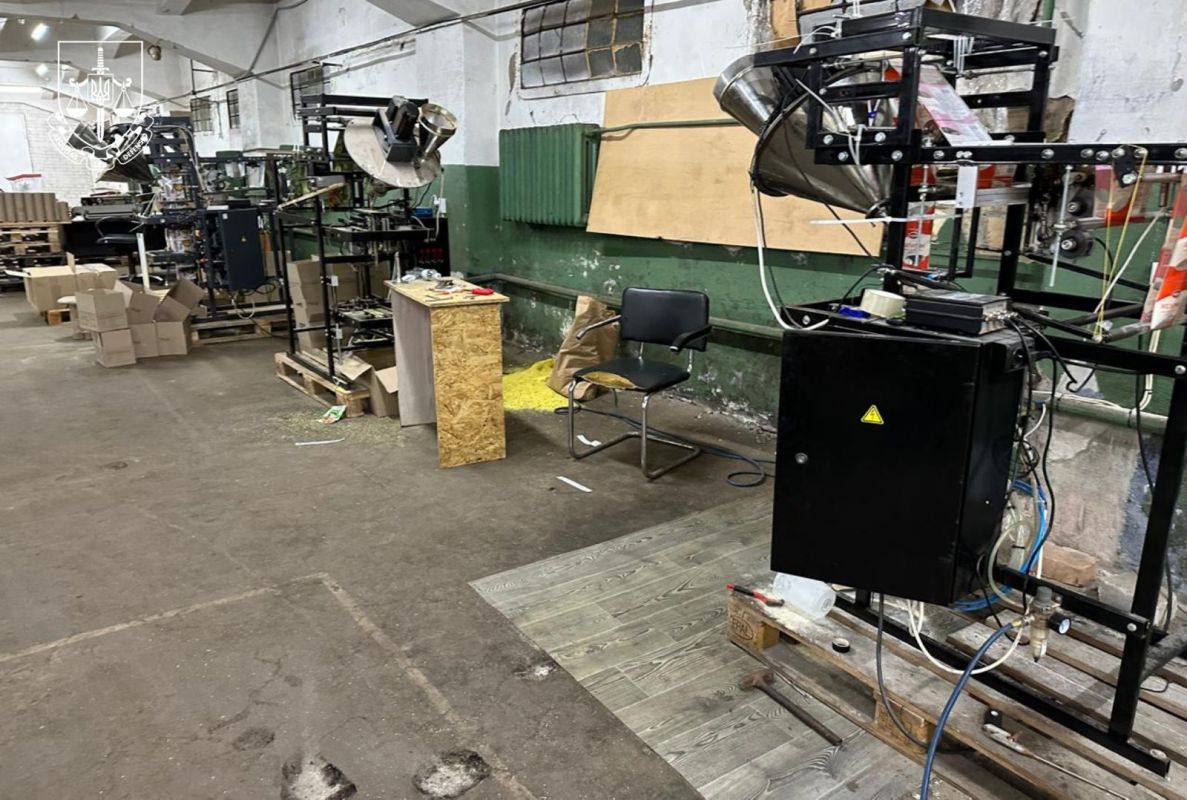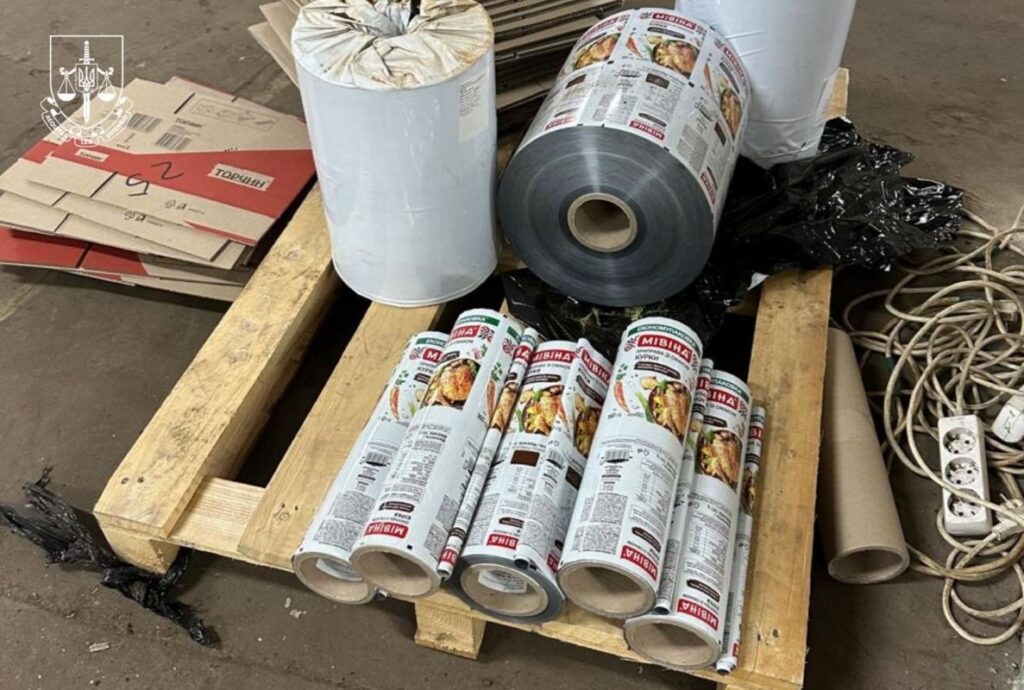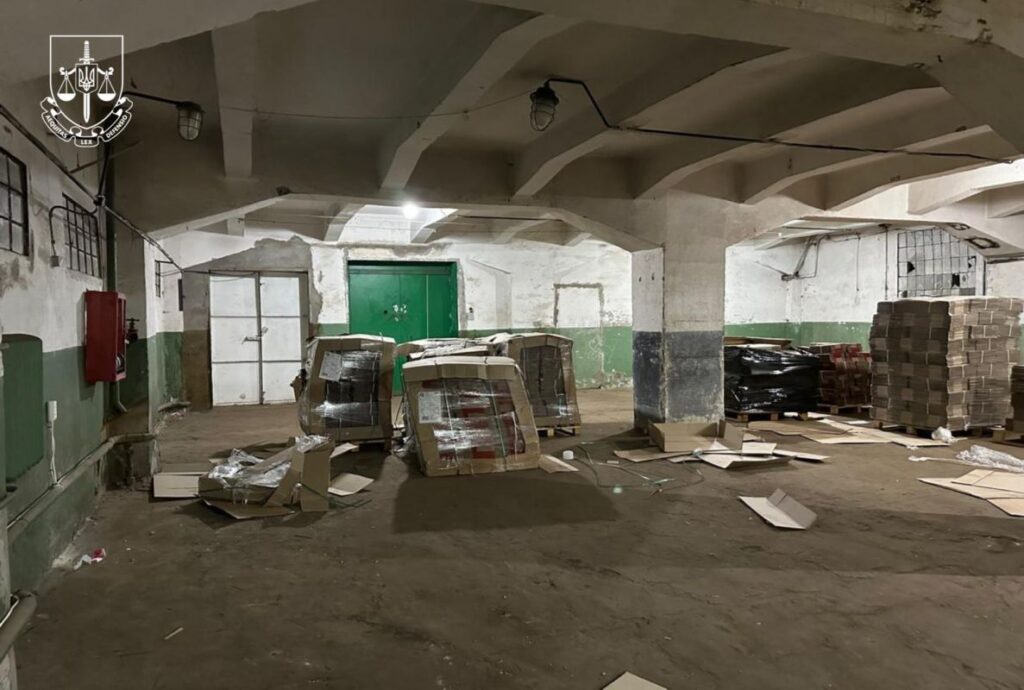Counterfeiting for Mivina and Nestle: a large-scale counterfeiting network exposed in Ukraine: what is known
31 October 16:15
The Prosecutor General’s Office has announced the exposure of a large network of production and sale of counterfeit food products that were sold under the guise of products of well-known Ukrainian and international brands – Nestle, Mivina, Jacobs, Torchyn, Mriya, Chorna Karta and others, "Komersant Ukrainian" reports.

Five people were suspected of fraud on a particularly large scale, illegal use of trademarks, and infringement of copyright and related rights.

How the scheme worked
According to the investigation, clandestine production facilities were operating in Kyiv, Kherson and Mykolaiv regions. The products were made from low-quality raw materials, packaged in packages that were as similar as possible to the original ones, and then sold through stores and the Internet.
During the searches, more than 15,000 packages of seasonings and other goods with counterfeit labeling were seized.
Also found were packaging equipment and documents confirming the organized nature of the production and established distribution channels.
What law enforcement officials say
The PGO notes that the counterfeits could get into retailers across the country, posing risks to consumer health and causing damage to the rights holders.
The investigation is ongoing, and investigators are establishing the circle of people involved and the scale of sales.
How the counterfeit market works in Ukraine
The Ukrainian market has repeatedly become a field for counterfeiting popular brands – from coffee and condiments to household chemicals.
According to the Bureau of Economic Security, dozens of companies come to light every year for using other people’s trademarks or selling counterfeit products through online platforms.
In 2024, the BES shut down a group that sold clothing and accessories under the guise of well-known brands through a chain of sports stores.
Law enforcement officials emphasize that the fight against counterfeiting in the food industry is complicated by the large volumes of small-scale illegal production and weak control over online trade.









